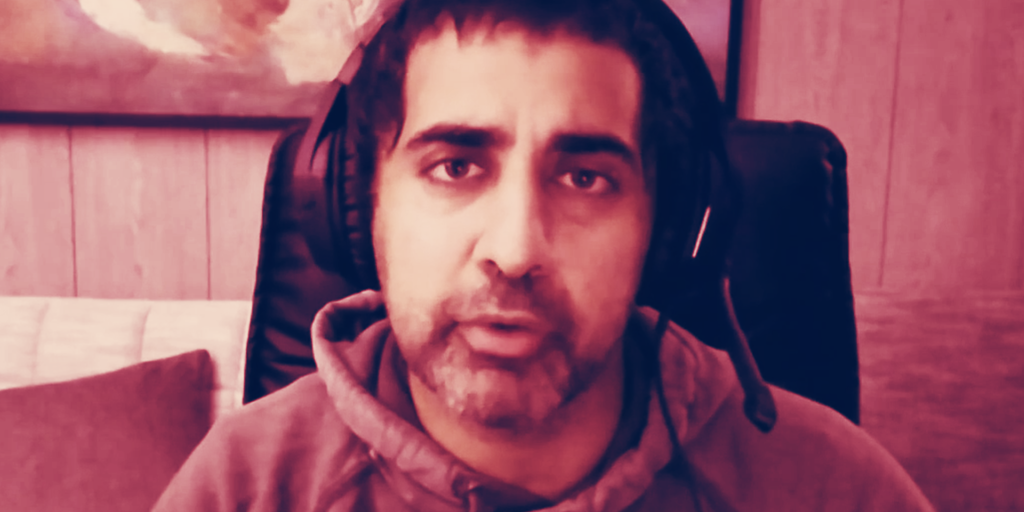Former Coinbase CTO Balaji Srinivasan: ‘Code Laws Faster Than They Learn To Outlaw Code’
Balaji Srinivasan, former CTO of crypto exchange Coinbase, spoke virtually at this year’s Solana Breakpoint conference in Lisbon, Portugal. He used his platform to advocate for a unified ideology that fights for the future of crypto.
“Learn to code laws faster than they learn to outlaw code,” Srinivasan said, addressing what he perceives as a conflict between crypto and the gatekeepers of traditional finance, including regulators and politicians.
What is L0, the ideology layer?
According to Srinivasan, the fundamental crypto innovation layer—”Layer 0″—is the “ideology layer.” In his model of the crypto industry, it underpins Layer 1 or Layer 2 innovations.
“L0 is the ideology later, the ideas in people’s minds,” he said. In turn, he explained, L0 can be divided into several parts.
First, according to Srinivasan, crypto enthusiasts have to start thinking about advocating for the industry at the “sub-national” and “international” level—rather than thinking about the national level and essentially wasting time with national governments that reject crypto. “China is a no-go,” he added, referring to the government’s long-established crackdown on the industry.
Focusing on crypto cities
He argued that the industry should focus its efforts on cities that welcome crypto, such as Miami and New York City, as well as the U.S. states of Wyoming, Colorado, and Texas. And despite Srinivasan’s argument that crypto advocates should avoid pressing their case at the national level, he did cite El Salvador—the first country to make Bitcoin legal tender—as a crypto haven of sorts.
Another fundamental point Srinivasan made was that those “technologists” involved in crypto should learn how to code laws. He noted that financial legislation is often written—or influenced—by banks, or by academics that are hostile to crypto.
Srinivasan called for consensus within the industry, which “means minimizing partisanship,” and for crypto advocates to be “globally mobile,” so they can set their bases in jurisdictions that welcome the industry in the first place.
“Literally all you need is a conducive regulatory environment, somewhere to create stability, and, you know, a Starbucks down the street or whatever,” he said.
Arguing that the crypto industry is “under-allocated to what I’m calling L0,” he noted that, “If we do it wrong, we get this infrastructure bill, and if we do it right, we get El Salvador.”
El Salvador: Crypto’s controversial haven
Srinivasan is not the first crypto enthusiast to put the Central American nation of El Salvador, joining the ranks of Michael Saylor, Peter McCormack, and Jack Mallers.
However, international organizations like the IMF and the World Bank have expressed serious concerns about El Salvador’s Bitcoin policy, and so have Salvadorans living in the country itself.
Concerns have also been raised over the arrest without warrant of critics of the country’s Bitcoin law, as well as the question of who controls the private keys to El Salvador’s Bitcoin.
8 November 2021 18:15
